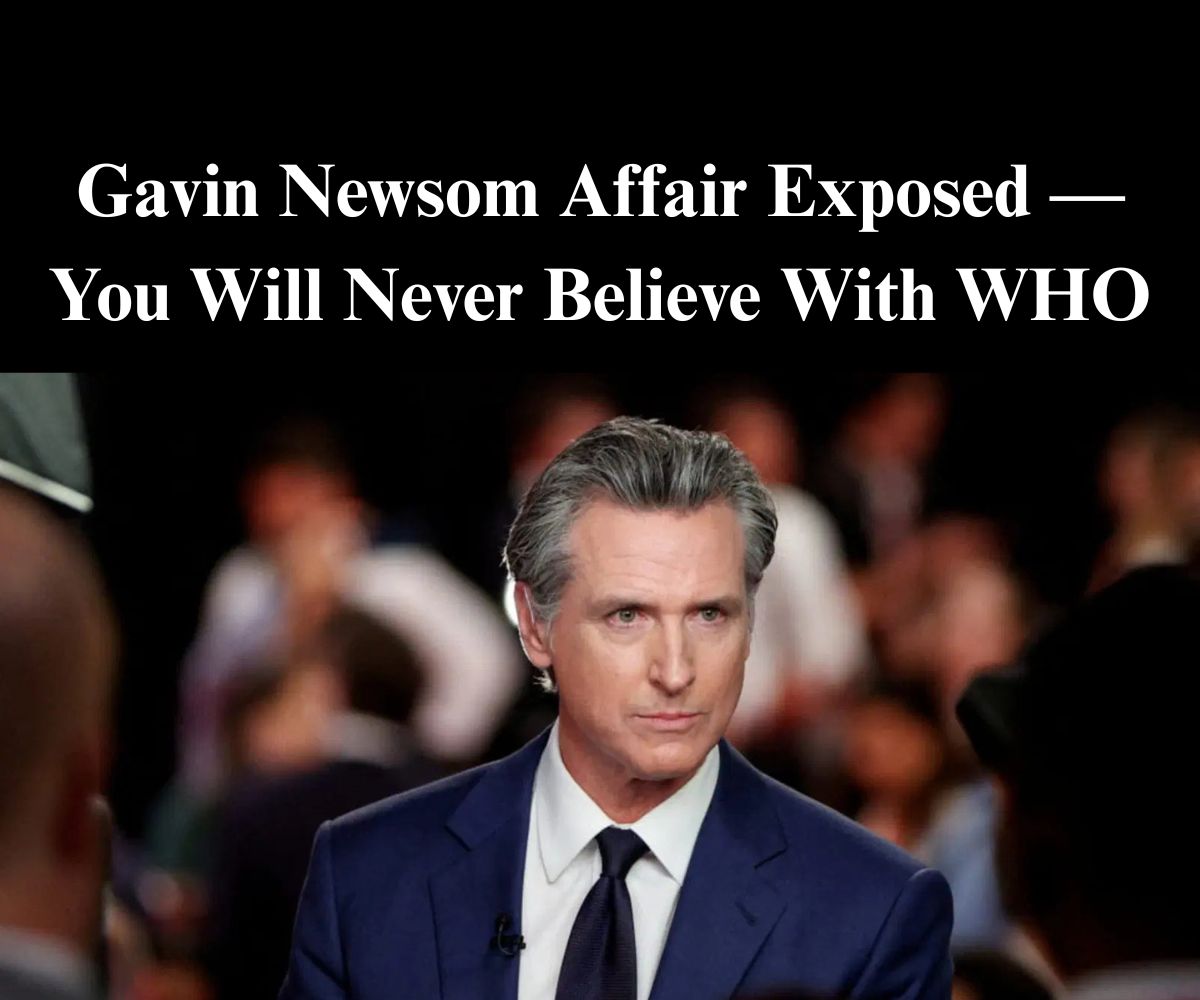As speculation grows over whether California Governor Gavin Newsom might pursue a presidential run in 2028, one of his most controversial past scandals is resurfacing in the spotlight.
In 2007, while serving as mayor of San Francisco, Newsom acknowledged an affair with Ruby Rippey Gibney, the wife of his close friend and campaign manager, Alex Tourk. The disclosure shocked the Bay Area political establishment, strained personal and professional relationships, and threatened to derail his career at the time.
At the time, Newsom made a televised admission and apology.
“I want to make it clear that everything you’ve heard and read is true,” he said. “I am deeply sorry about that. I’ve hurt someone I care deeply about, Alex Tourk and his friends and family. That is something I have to live with.”
His apology went beyond damage to personal relationships and extended to San Fran residents.
“I’m also sorry that I’ve let the people of San Francisco down,” he said. “They expect a lot of their mayor… I am committed to restoring their trust and confidence and will work very hard in the upcoming months to make sure that the business of running the city is framed appropriately.”
WATCH:
The fallout was immediate.
Tourk, one of Newsom’s closest allies, resigned as the mayor’s chief of staff, and the scandal triggered broader questions about trust, responsibility, and the overlap between personal judgment and public duty.
Newsom’s public apology also did little to blunt the backlash. The controversy dominated news coverage, became fodder for late-night comedians, and gave opponents fresh ammunition to question his integrity. For many voters, the affair became shorthand for doubts about his character.
Despite the political damage, Newsom weathered the storm and went on to advance his career, ultimately becoming governor of California. Still, the episode remains a lasting blemish that critics argue could resurface if he seeks national office.
In recent years, as the #MeToo movement reshaped political discourse, some observers have raised questions about whether the relationship — which involved a subordinate — could be viewed as workplace misconduct.
Gibney, however, has publicly defended Newsom. “To be clear, I fully support the Me Too movement,” she wrote on Facebook several years later. “In this particular instance, however, I am doubtful that it applies.”
Gibney acknowledged that she was a subordinate but emphasized that the responsibility for the relationship rested with her own choices, seeking to deflect the most serious allegations from Newsom.
Still, the controversy has never fully faded, resurfacing whenever Newsom’s political profile rises on the national stage. A polished speaker with significant fundraising ability, he is widely viewed as a potential contender in 2028. Yet as speculation builds, so too do reminders of his past.
If he decides to run, the challenge will be clear: Newsom will need to highlight his record as governor while contending with a scandal that continues to dog him more nearly two decades later.
Last week, Newsom appeared to sign off on physical violence against supporters of President Donald Trump, if not Republicans in general, in an unhinged rant during a podcast.
The governor’s remarks come as he struggles to contain his anger over Texas’ mid-decade redistricting effort, which aims to produce another five GOP congressional seats, something he has vowed to oppose by redistricting seats in California despite an already outsized Democratic congressional delegation.
“This is radical rigging of a midterm election,” Newsom fumed. “Destroying, vandalizing this democracy, the rule of law,” he claimed on “The Siren” podcast.
“So, I’m sorry, I know some people’s sensibilities. I respect and appreciate that. But right now, with all due respect, we’re walking down a damn different path,” he continued. “We’re fighting fire with fire, and we’re gonna punch these sons of b****es in the mouth.”
